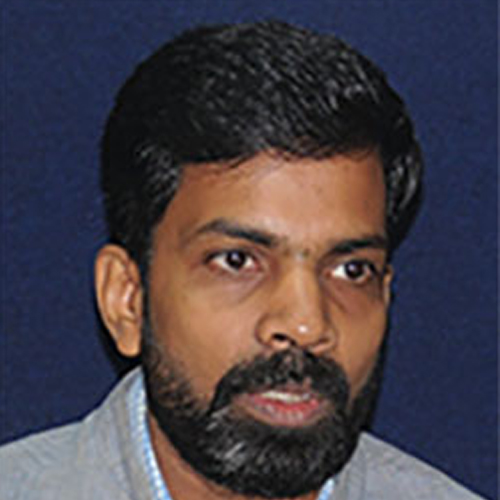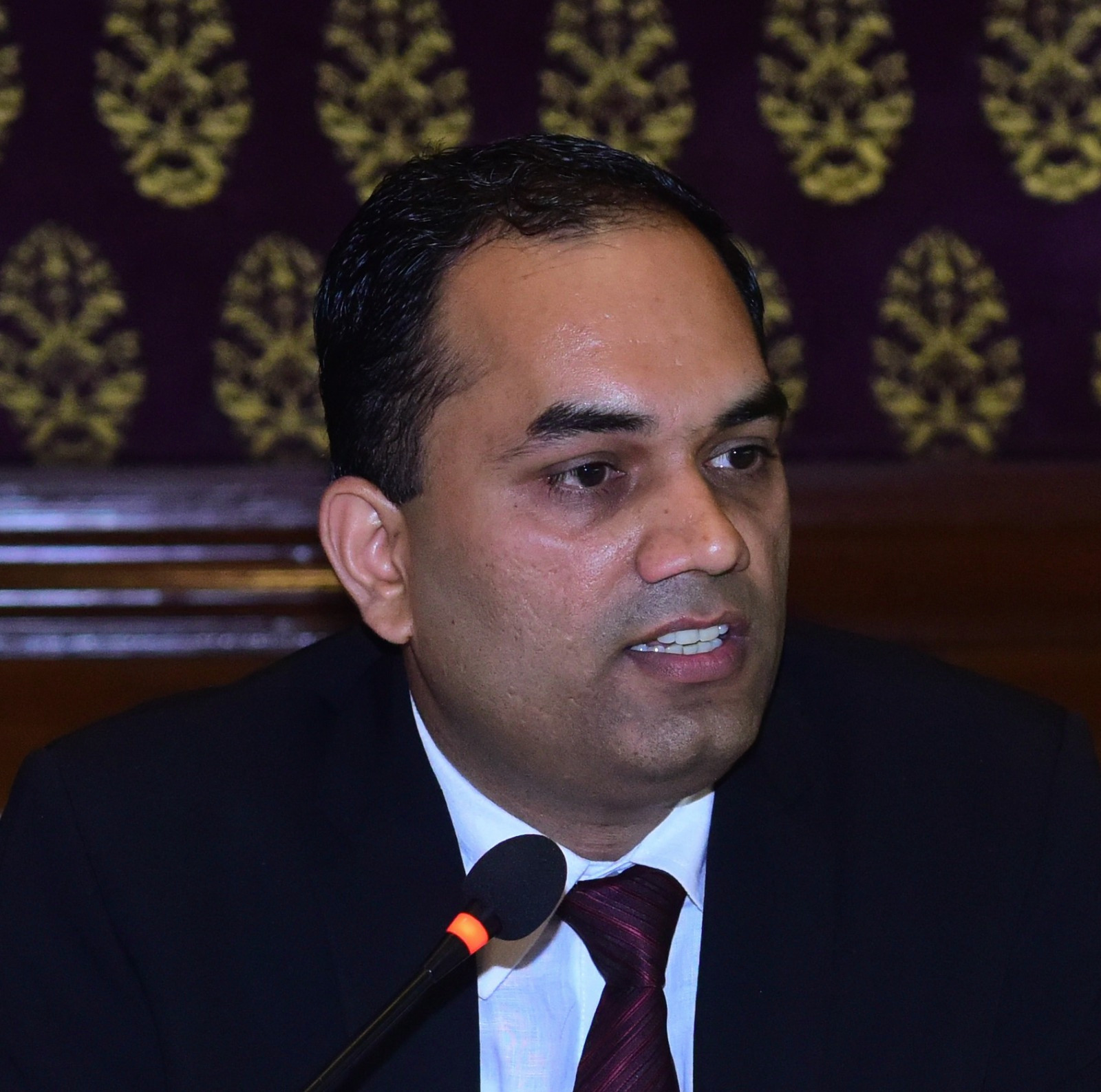India and the Iranian Nuclear Standoff
India’s September 24 vote in the International Atomic Energy Agency (IAEA) supporting the resolution moved by Britain, France and Germany (EU-3) on Iran’s nuclear programme has a raised a significant debate within the strategic studies community on the value and wisdom of the policy stance.
- Sujit Dutta
- July 2005








